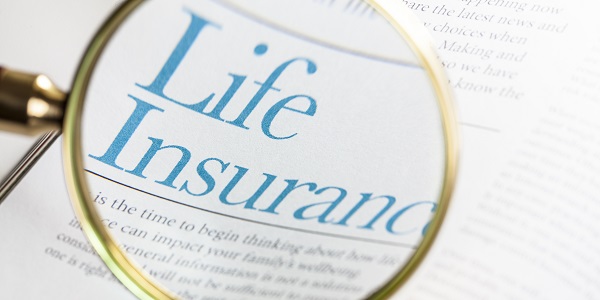2 min read
Can You Get a Tax Break by Being a Caregiver?
An aging parent, a spouse with disabilities, an adult child with special needs — if you’re facing these or any other caregiving situations, the...
Manage your everyday finances with convenient accounts, flexible cards, and personalized service designed to fit your life.
At First Federal Bank, we offer flexible mortgage solutions for almost any situation, helping you secure the right financing for your dream home.
Business banking offers secure financial management, streamlined transactions, credit options, and tools to help businesses grow efficiently and sustainably.

 Putting together a budget requires looking at a range of expenses; some that are expected and others that are not. Expenses generally fall into one of two categories — variable and fixed. Understanding how they differ can help you handle current bills as well as future ones.
Putting together a budget requires looking at a range of expenses; some that are expected and others that are not. Expenses generally fall into one of two categories — variable and fixed. Understanding how they differ can help you handle current bills as well as future ones.
What is a fixed expense?
Expenses that stay the same (or close to the same) each time they are paid fall into the fixed expense category. The stability or repetitive nature of fixed expenses provide a good foundation for your budget.
According to Paula Pant, personal finance expert and contributor to The Balance, expenses like your mortgage or rent, car loan or other loan payments, real estate taxes, insurance premiums, utilities, and childcare expenses all fall under the fixed expense umbrella.
Knowing how much you are going to pay is not the only benefit of fixed expenses. You will also know exactly when you have to pay them, which is another booster in your budget-planning efforts. In an article for Forbes, financial journalist Rebecca Lake explains fixed expenses can be paid through automatic bill payments, thereby avoiding late payments and the fees that accompany them.
What is a variable expense?
Any expenses that aren’t regular or that change amounts significantly are considered variable. That includes medical bills, home or car repair, entertainment, meals out, personal care expenses, and even gas and groceries.
A lot of times, your variable expenses will consist of your “needs” instead of your “wants.” For example, you don’t need to eat out one a week, but if that is important to you then you have to include a set amount in your budget and stick to it.
Ways to budget and reduce expenses
Budgeting for fixed expenses is definitely easier than variable expenses, but even fixed expenses offer a little wiggle room. If you are trying to pay less on a fixed expense, do some research and sharpen your bargain-hunting skills. Paula Pant recommends shopping around to see if you can get a better deal on your internet or cell phone bill, or to see whether there’s a cheaper option out there for car or home insurance.
Lake recommends looking into refinancing your mortgage or other loans, as well as signing up for a credit card with a lower interest rate to help you save on fixed expenses.
Variable expenses may seem easy to trim in order to save money, but they require you to make decisions each day about where you should spend your money, which Pant notes can be difficult. Lifestyle adjustments like eating out less, forgoing shopping sprees, and using coupons and meal planning may help you save on variable expenses, according to Lake.
When you take the time to understand how every bill and cost affects your life, you can create a successful budget and even save money on your fixed and variable expenses.

2 min read
An aging parent, a spouse with disabilities, an adult child with special needs — if you’re facing these or any other caregiving situations, the...

We all know we should make a budget and stick to it, if we want to set ourselves up for financial success. But it often feels like to much work....

2 min read
A life insurance policy is critical for protecting your loved ones after your death, but you can also leverage it while you’re alive. That’s because...
Manage your accounts, make payments, and more.
Open an account with us.